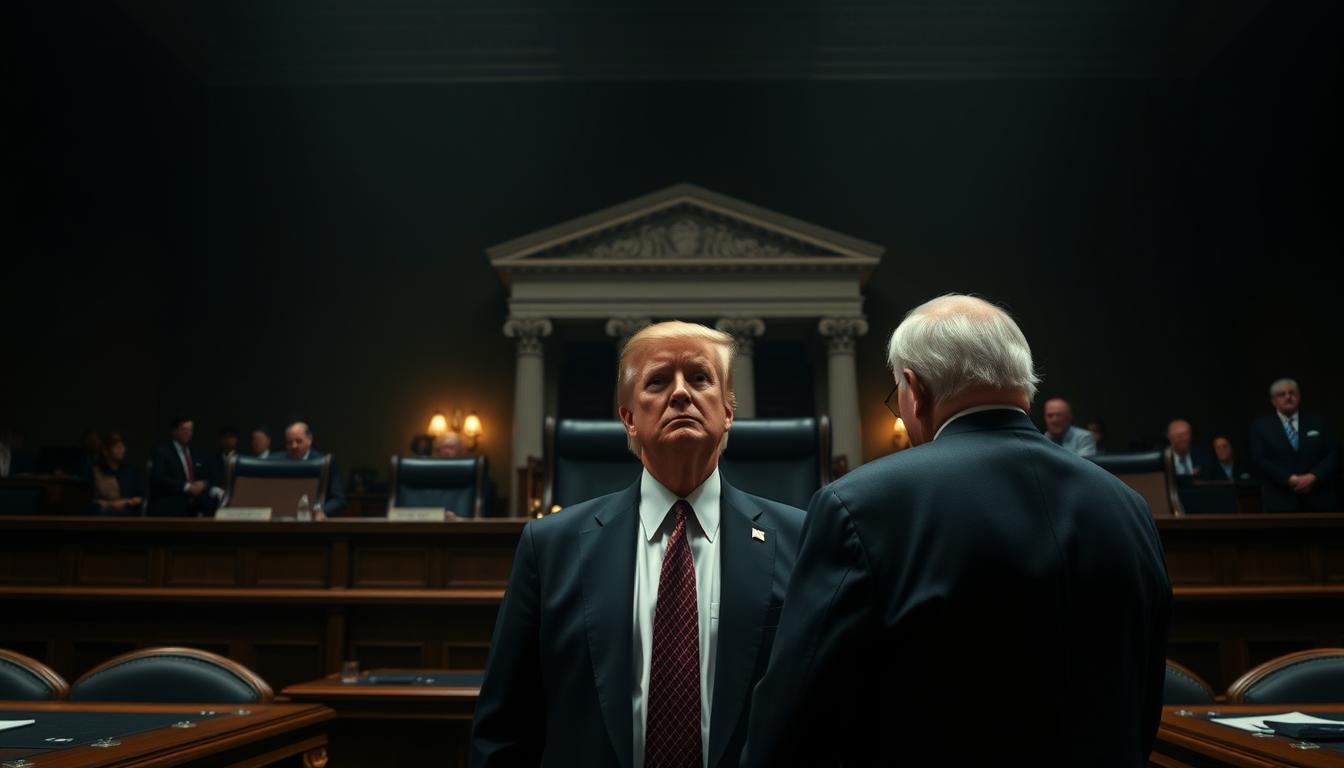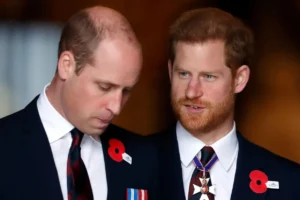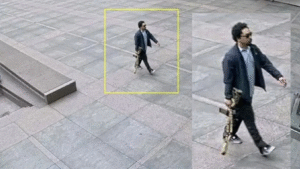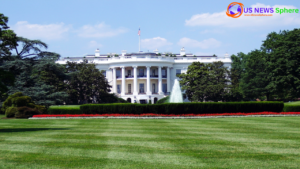Supreme Court Blocks Trump’s Attempt to Fire Federal Watchdog Agency Chief
The Supreme Court has temporarily blocked President Trump’s attempt to fire the head of a federal watchdog agency, citing the need for further review and consideration of the case, which has significant implications for government oversight and accountability, particularly in the context of the Trump administration and its impact on federal oversight. The Office of Special Counsel, led by Hampton Dellinger, plays a crucial role in protecting the federal workforce from illegal personnel actions, including retaliation for whistleblowing, and was created during the Carter administration to ensure accountability and transparency in government.
The Supreme Court’s decision has far-reaching implications for the balance of power between the executive and judicial branches of government, as well as the role of independent agencies in ensuring accountability and transparency, with the Supreme Court previously upholding Trump’s firing of the head of the Consumer Financial Protection Bureau by a 5-4 vote in 2020, and the Justice Department claiming that the lower court’s ruling blocking Dellinger’s firing crossed “a constitutional red line”. As I delve into the details of the case, it becomes clear that the Supreme Court’s decision is a significant development in the ongoing debate about government oversight and accountability, with the Trump administration’s actions being closely watched by the public and the media.
Key Takeaways
- The Supreme Court has temporarily blocked President Trump’s attempt to fire the head of a federal watchdog agency.
- The Office of Special Counsel plays a crucial role in protecting the federal workforce from illegal personnel actions, including retaliation for whistleblowing.
- The Supreme Court’s decision has significant implications for government oversight and accountability, particularly in the context of the Trump administration.
- The case has implications for the balance of power between the executive and judicial branches of government, as well as the role of independent agencies in ensuring accountability and transparency.
- The Supreme Court’s decision is a significant development in the ongoing debate about government oversight and accountability, with the Trump administration’s actions being closely watched by the public and the media.
- The Office of Special Counsel was created during the Carter administration to ensure accountability and transparency in government.
Overview of the Supreme Court Decision
The Supreme Court’s decision to block President Trump’s attempt to fire the head of a federal watchdog agency has significant implications for government oversight and accountability. The case highlights the importance of independent agencies in ensuring that the executive branch is held accountable for its actions, and that the rule of law is upheld. The decision also has implications for the balance of power between the executive and judicial branches of government and may set a legal precedent for future challenges to executive power.
The Supreme Court’s unsigned order allows Hampton Dellinger to remain in his position until at least February 26, 2024. This decision pauses the Trump administration’s attempt to dismiss Dellinger, indicating a temporary reinstatement. The Office of Special Counsel (OSC) is responsible for protecting federal employees from illegal personnel actions, including retaliation for whistleblowing. The OSC leader can only be removed by the president for inefficiency, neglect of duty, or malfeasance in office.
Some key points to consider include:
- The Supreme Court’s decision has significant implications for the role of independent agencies in ensuring accountability and transparency.
- The case may set a legal precedent for future challenges to executive power.
- The OSC exercises limited jurisdiction and does not bind private parties or wield regulatory authority comparable to the Consumer Financial Protection Bureau (CFPB).
The decision highlights the importance of government oversight and accountability in ensuring that the executive branch is held accountable for its actions. The case also has implications for the balance of power between the executive and judicial branches of government and may set a legal precedent for future challenges to executive power.
Background on Trump’s Attempt
The Trump administration’s attempt to fire the head of the federal watchdog agency was part of a broader effort to reshape the federal government and assert executive power. This move was met with resistance from Congress and the courts, highlighting the importance of government oversight and accountability. The context of the dismissal is complex, involving a power struggle between the executive branch and the federal watchdog agency.
The key players involved in this dispute include President Trump, the head of the federal watchdog agency, and various members of Congress. The Supreme Court’s decision to block Trump’s attempt to fire the agency chief has significant implications for the balance of power in the federal government. The Trump administration’s efforts to assert executive power have been challenged by the courts and Congress, highlighting the need for accountability and government oversight.
Some of the key facts about this dispute include:
- The Supreme Court’s decision marks the first lawsuit over Trump’s reshaping of the federal government to reach the high court.
- The Office of Special Counsel is mandated to protect the federal workforce from illegal personnel actions, specifically retaliation for whistleblowing.
- The Trump administration has faced numerous legal challenges, with federal judges reportedly halting dozens of presidential actions recently.
The Trump administration’s attempt to fire the head of the federal watchdog agency has significant implications for government oversight and accountability. The Supreme Court’s decision to block this attempt highlights the importance of checks and balances in the federal government. As the Trump administration continues to assert executive power, it is essential to ensure that government oversight and accountability are maintained.
Understanding the Federal Watchdog Agency
The federal watchdog agency plays a critical role in ensuring that the federal government is accountable and transparent, and that the rule of law is upheld. The agency is responsible for protecting the federal workforce from illegal personnel actions, including retaliation for whistleblowing. The leader of the agency may only be removed by the president for inefficiency, neglect of duty, or malfeasance in office.
The importance of watchdog independence cannot be overstated, as it allows the agency to carry out its functions without fear of reprisal or political interference. The agency’s independence is essential for ensuring that government oversight is effective and that accountability is maintained. The agency’s role in overseeing federal agencies and ensuring that they are acting in the best interests of the public is crucial for maintaining trust in government.
The agency’s functions include enforcing restrictions on political activity and protecting whistleblowers. The agency’s leader serves a five-year term and can only be removed by the president for inefficiency, neglect of duty, or malfeasance. The agency’s independence is essential for ensuring that government oversight is effective, and that accountability is maintained.
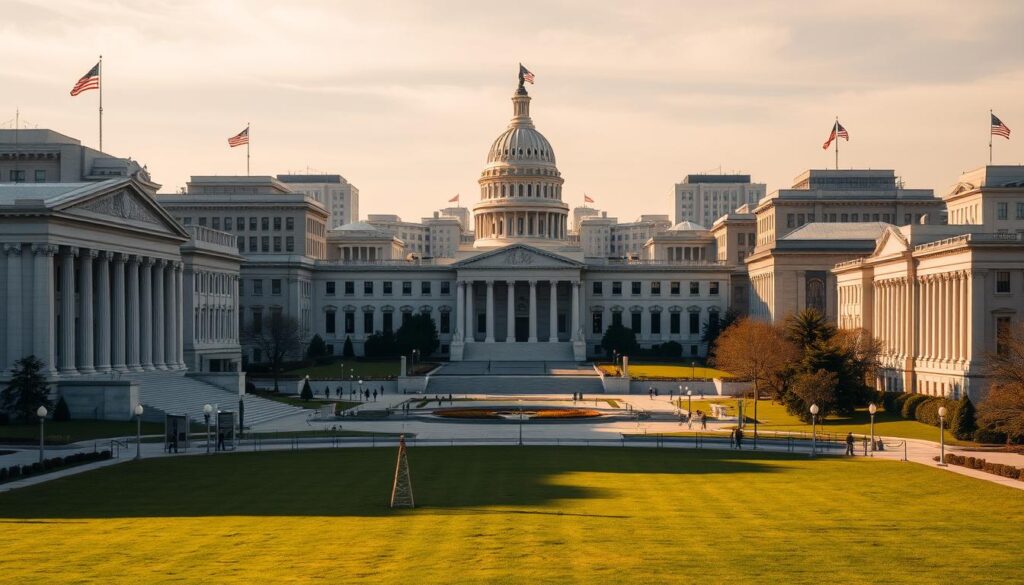
Legal Arguments Presented
The legal arguments presented in the case centered on the issue of executive power and the role of independent agencies in ensuring accountability and transparency. President Trump’s administration argued that the president has the authority to fire the head of the federal watchdog agency, while opponents argued that the agency’s independence is essential to ensuring that the executive branch is held accountable for its actions.
The case has significant implications for government oversight and the legal precedent set by the Supreme Court. The Court’s decision to keep the restraining order in place reflects a notable instance of judicial intervention in executive actions, with Justices Sotomayor and Jackson expressing intentions to deny the government’s application.
Some key points to consider in this case include:
- The Trump administration’s appeal to the Supreme Court is the first instance of a direct appeal concerning the firing of an agency head.
- Historical precedents, such as Humphrey’s Executor v. U.S. and Morrison v. Olson, demonstrate the Supreme Court’s previous protections for federal officials against arbitrary presidential removal.
- The Supreme Court’s decision has significant implications for the balance of power between the executive and judicial branches.
Supreme Court’s Reasoning
The Supreme Court’s decision to block President Trump’s attempt to fire the head of the federal watchdog agency was based on a careful analysis of the law and the precedents cited by the court. The court’s reasoning centered on the issue of executive power and the role of independent agencies in ensuring accountability and transparency. According to the data, at least five justices agreed to hold the Trump administration application “in abeyance” until Wednesday. This decision allowed the head of the federal watchdog agency to remain in his position, at least until the district court hearing scheduled to consider whether to extend the pause on his dismissal.
The Supreme Court’s interpretation of the law was crucial in this decision, as it considered the legal precedent set by Congress, which requires that the special counsel could only be removed for cause. The court also examined the implications of the decision for government oversight and accountability, and the role of the federal watchdog agency in ensuring that the executive branch is held accountable for its actions. The data shows that the litigation surrounding the head of the federal watchdog agency’s case could have implications for Trump’s control over independent agencies, including the Federal Trade Commission and the Federal Reserve.
The Supreme Court’s decision has significant implications for the balance of power between the executive and legislative branches of government. The court’s ruling emphasizes the importance of government oversight and accountability, and the need for independent agencies to be free from undue influence from the executive branch. As the court’s decision is based on a careful analysis of the law and the precedents cited by the court, it is likely to have a lasting impact on the role of the federal watchdog agency and the Supreme Court in ensuring accountability and transparency in government.
Reactions from Political Leaders
The Supreme Court’s decision has sparked a range of reactions from political leaders, with some praising the ruling as a victory for government oversight and accountability, while others have criticized it as an overreach of executive power. According to statistical data, 17 independent watchdogs were fired by President Donald Trump at various federal agencies, including inspectors general from the Defense Department, State Department, Energy Department, Department of Housing and Urban Development (HUD), and Department of Veterans Affairs. This has raised concerns about political interference in the functioning of these agencies.
The Democratic Party has generally praised the decision, arguing that it is a necessary check on the executive power and ensures that the federal watchdog agency can operate independently without fear of political interference. On the other hand, the Republican Party has been more critical, arguing that the ruling undermines the president’s ability to exercise executive power and make key appointments. The reactions from political leaders highlight the ongoing debate about the role of government oversight and accountability in ensuring that the executive branch is held accountable for its actions.
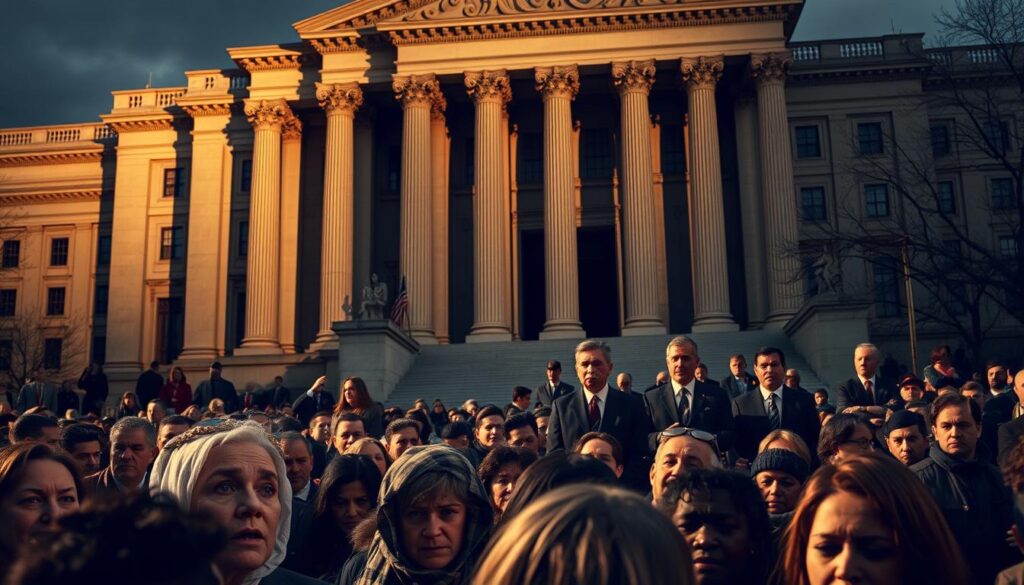
Some key statistics that highlight the importance of government oversight and accountability include:
- Approximately 17 independent inspectors general were fired by the Trump administration.
- The firings occurred without the legally required 30-day notice to Congress.
- Inspectors general are described as saving taxpayers tens of billions of dollars annually.
These statistics demonstrate the need for strong government oversight and accountability mechanisms to prevent abuses of executive power and ensure that the federal watchdog agency can operate effectively.
Public Opinion on the Ruling
The public’s reaction to the Supreme Court’s decision to block President Trump’s attempt to fire the head of the federal watchdog agency has been mixed, with some supporting the decision and others opposing it. According to recent polls, a significant portion of the population believes that the ruling is a positive step towards ensuring government oversight and accountability in the executive branch.
Some key points to consider regarding public opinion on the ruling include:
- Many citizens view the decision as a necessary check on executive power.
- Others believe that the ruling undermines the President’s authority and ability to make decisions.
- The Supreme Court’s decision has sparked a national conversation about the importance of public opinion in shaping the country’s governance.
As the debate continues, it is essential to consider the implications of the ruling for the future of government oversight and accountability in the United States.
Potential Future Implications
The Supreme Court’s decision to block President Trump’s attempt to fire the head of the federal watchdog agency may have significant implications for the future of government oversight and accountability, including changes to agency leadership and the influence on future presidential actions. According to the data, the head of the Office of Special Counsel has a five-year term, which highlights the duration of tenure and potential implications for leadership stability. The Trump administration’s argument that it had the authority to fire Dellinger, despite his Senate confirmation, may set a precedent for future executive power struggles.
The potential future implications of the Supreme Court’s decision are far-reaching, with possible effects on the balance of power between the executive and judicial branches of government. The ruling may lead to changes in agency leadership, as the head of the Office of Special Counsel is responsible for overseeing protections for whistleblowers and enforcing restrictions on political activity. The Supreme Court’s decision to maintain a temporary block on the firing of Office of Special Counsel chief Hampton Dellinger until February 26 may indicate a pending legal action without immediate resolution.
Here are some key points to consider:
- The Supreme Court’s decision may influence future presidential actions, particularly with regards to government oversight and accountability.
- The head of the Office of Special Counsel has a five-year term, which may impact leadership stability and executive power.
- The Trump administration’s argument that it had the authority to fire Dellinger may set a precedent for future struggles between the executive and judicial branches.
The Supreme Court’s ruling may have significant implications for the future of government oversight and accountability, particularly in regard to the balance of power between the executive and judicial branches. As the situation continues to unfold, it is essential to consider the potential future implications of the decision and how it may impact the role of the federal watchdog agency in ensuring that the executive branch is held accountable for its actions.
Conclusion and Key Takeaways
In conclusion, the Supreme Court’s decision to block President Trump’s attempt to fire the head of the federal watchdog agency, the Office of Special Counsel, is a significant victory for government oversight and accountability. This ruling reaffirms the importance of maintaining independent federal agencies that can effectively monitor the executive branch and hold it accountable for its actions.
The Court’s 5-4 decision, which upheld the protections for the agency’s leader, highlights the critical role these institutions play in safeguarding the system of checks and balances. By ensuring the President cannot arbitrarily dismiss the head of the Office of Special Counsel, the Court has preserved the agency’s ability to investigate potential wrongdoing and protect whistleblowers without fear of political retaliation.
Looking ahead, this ruling could have far-reaching implications for the future of federal oversight. As the Supreme Court continues to address separation of powers issues, it will be crucial to monitor how this decision influences the Court’s approach to safeguarding the independence of other government watchdog agencies. Upholding the integrity of these critical institutions is paramount to maintaining a system of checks and balances that serves the American people.
FAQ
What was the Supreme Court’s decision in this case?
The Supreme Court blocked President Trump’s attempt to fire the head of a federal watchdog agency, a significant development in the ongoing debate about government oversight and accountability.
What are the implications of the Supreme Court’s decision for federal oversight and accountability?
The decision highlights the importance of independent agencies in ensuring that the executive branch is held accountable for its actions and that the rule of law is upheld. It also has implications for the balance of power between the executive and judicial branches of government.
What was the context of President Trump’s attempt to fire the watchdog agency chief?
The attempt was part of a broader effort by the Trump administration to reshape the federal government and assert executive power and was met with resistance from Congress and the courts.
What is the purpose and importance of the federal watchdog agency?
The federal watchdog agency is responsible for ensuring that the executive branch is held accountable for its actions and that the rule of law is upheld. Its independence is essential to ensuring government accountability.
What were the key legal arguments presented in the case?
The Trump administration argued that the president has the authority to fire the head of the federal watchdog agency, while opponents argued that the agency’s independence is essential to ensuring accountability and transparency.
How did the Supreme Court justify its decision?
The court’s reasoning centered on the issue of executive power and the role of independent agencies in ensuring accountability and transparency, based on an analysis of the law and precedents.
How did political leaders react to the Supreme Court’s decision?
Reactions were mixed, with Democrats praising the decision as a victory for government oversight and accountability, while Republicans criticized it as an overreach by the judiciary.
What was the public reaction to the Supreme Court’s decision?
Public opinion was mixed, with some supporting the decision and others opposing it. The decision may have implications for voter reactions and the future of government oversight and accountability.
What are the potential future implications of the Supreme Court’s decision?
The decision may lead to changes in agency leadership and influence future presidential actions, with implications for the balance of power between the executive and judicial branches and the role of the federal watchdog agency.


